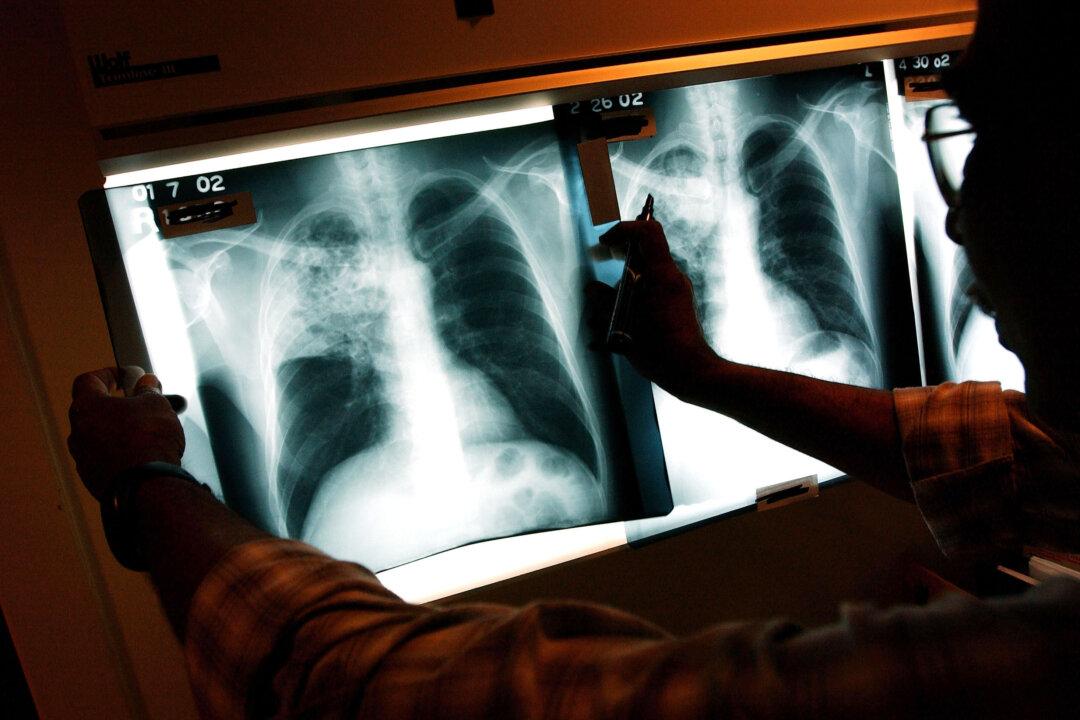Researchers have carried out a clinical trial of a freeze-dried, temperature-stable experimental tuberculosis vaccine that could one day be an alternative to the BCG vaccine, which has significant drawbacks.
At present, BCG is the only vaccine licensed against TB. BCG is a freeze-dried powder that must be stored under frozen conditions and can be “readily destroyed by sunlight,” according to a World Health Organization (WHO) manual (pdf). The powder needs to be reconstituted before use by combining it with a diluent that must never be frozen. After reconstitution, the vaccine must be used within six hours as it “rapidly loses potency.”






